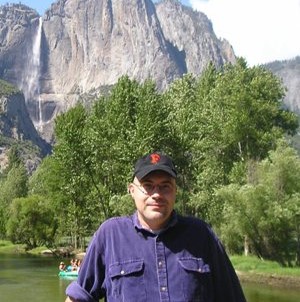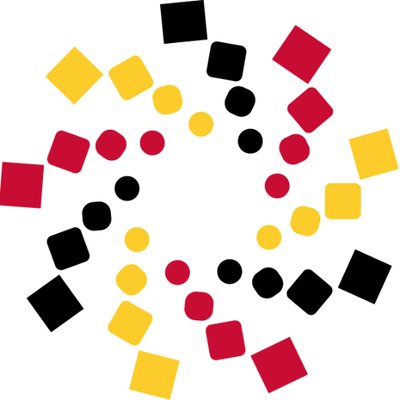|
Dr. Lizhen LinThere has never been a better time to be in the fields of statistics and machine learning. The ubiquity of large and complex data sets in virtually any scientific domain and the need to extract scientific answers from them present statisticians with unique opportunities for developing statistical principles and methods for analyzing such data. Statistics and machine learning also provide learning foundations for the recent advancement in AI technologies that has already shaped many aspects of human life. With such developments comes career opportunities in industry as well as academia for our students. In carving out a successful career path, first, it would be important to have solid foundational training by taking enough courses in probability, statistics and machine learning, which are offered in our course catalog. Second, strong computational skills are a must. Finally, to be equipped with deep and broad knowledge to become a real expert, it’s important to dive deep into a thesis topic by making some fundamental contribution in a related field or subfield. Some skills one can develop through working on a solid thesis, such as research vision, and the ability to create new theories and make new discoveries can not be acquired through course work. |
|
|
 |
|
Embark on an epic quest for professional growth with this ultimate career development Here’s the challenge: Throughout the spring semester, you’ll choose your adventure by picking from several professional development activities to conquer. Complete 4 PD activities, and you’ll earn one raffle entry for the mystery bag. Achieve an impressive feat by completing 5 activities, and you’ll double your chances with two raffle entries! Feeling unstoppable? Take on all 6 activities, and you’ll earn three raffle entries! Your journey awaits!
Resume Rx: One-on-One Review SessionsMonday, April 8th, 10am-12pm, MATH Room 3103 (AMSC office) One-on-one resume reviews with staff from the University Career Center and Graduate School Professional Development Office. Open to all AMSC, Math, & Stat grad students. Brunch will be provided. Students must sign up for one of the twelve 20-minute slots. Internship InsightsWednesday, April 17th, 3:30pm-4:30pm, MATH Room 1310 Want to do an internship but don't know where to start? At this event, you’ll gain valuable insights as fellow Math Department grad students share their internship experiences. Open to all AMSC, Math, & Stat grad students. Drinks & snacks provided. RSVP by emailing .
|
  |
Dr. Stephanie Allen, AMSC '22Website: https://sallen7.github.io/#about Could you briefly describe your current role and responsibilities? What strategies or resources did you find most effective in your job search? What advice would you give to current students about finding and securing a job in your industry? What skills or experiences from your time in the Math Department have been most valuable in your career? How do you continue to develop professionally and stay competitive in your field? What do you enjoy most about your current job, and what are your future aspirations?
|







 challenge and a chance to win a mystery bag with goodies worth $100.
challenge and a chance to win a mystery bag with goodies worth $100. 





